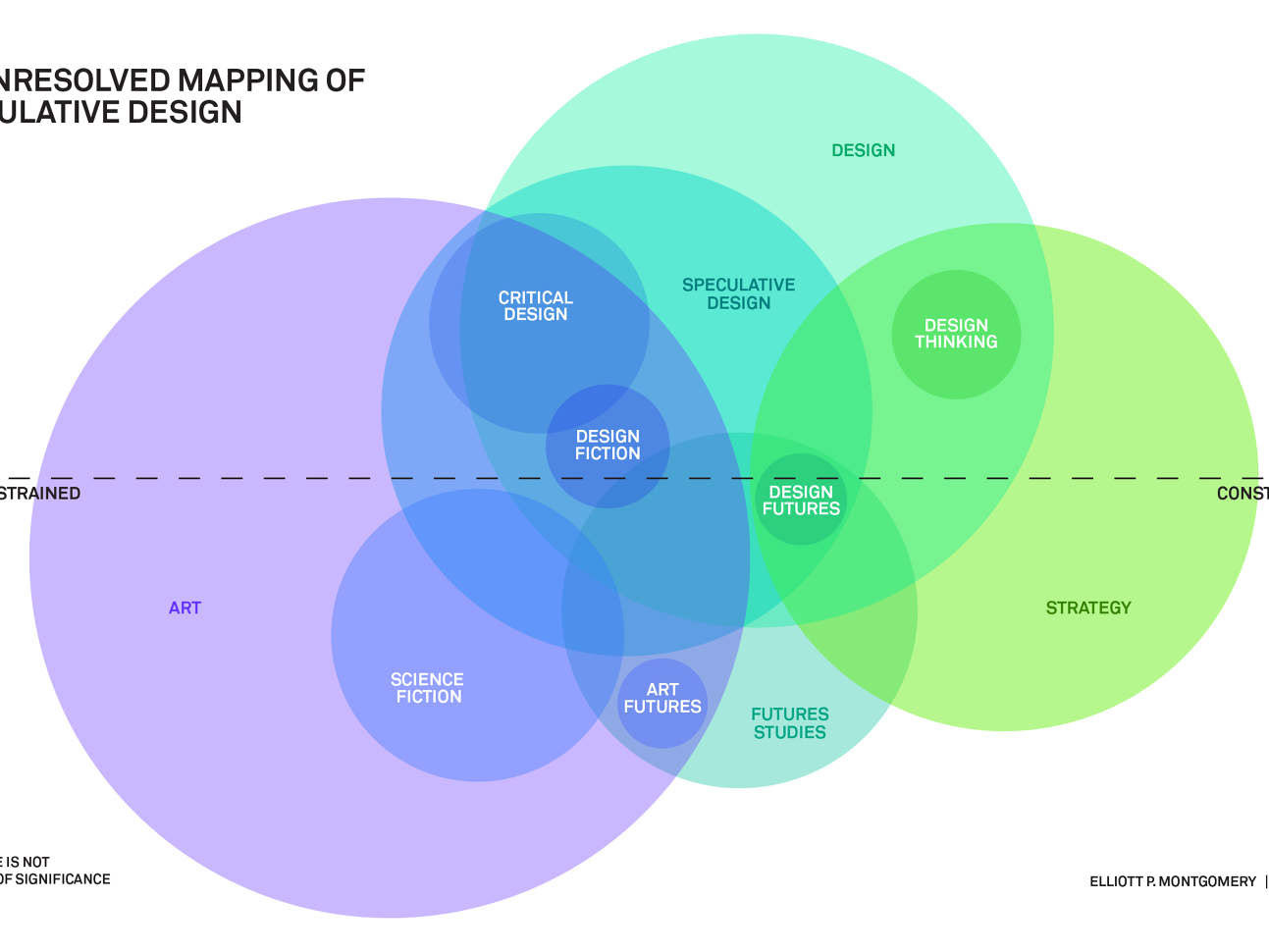Design Beyond Consumerism: Reimagining Process and Purpose for a Sustainable Future
Design’s relevance to humanity as a whole can be understood through its deep integration with the systems that shape our modern world. In its current state, design largely operates within a capitalist framework, focusing on creating mass-produced goods that prioritise efficiency, accessibility, and consumerism. Whether through industrial design, fashion, or graphic design, the process is often driven by the goal of maximising sales and utility rather than fostering sustainable, long-lasting products. This alignment with neoliberal economics has led to the commodification of design, limiting its potential for artistic and ethical innovation.
Historically, design’s role has been to serve the systems in place, as seen in the history of typography, where typefaces were created for legibility in mass-produced printed materials, promoting products and ideologies. Similarly, in fashion and industrial design, processes have been mechanised, with labourers having little control over the creative aspects of their work. This detachment between the creator and the creation exemplifies how capitalism has redefined design as a tool for mass consumption.
However, this is not the only path forward. New design approaches and values offer an opportunity to rethink this relationship. As we reflect on the environmental and societal impacts of unchecked consumption, design education must play a crucial role in fostering a future where design processes promote sustainability, social equity, and ethical production. By encouraging students to question current economic models, design education can help envision a post-capitalist future, where design is used to address global challenges rather than perpetuate consumerist cycles
This shift requires designers to move beyond merely creating for consumption and instead to view design as a problem-solving tool for global challenges like climate change, inequality, and resource depletion. As the philosopher Herbert Marcuse reminds us, the future is not an empty space awaiting projections from the present, but an evolving process shaped by the actions and intentions of those living in it.
In conclusion, design’s relevance to humanity transcends its current role within capitalism. It holds the potential to redefine how we produce and consume, fostering a more equitable and sustainable world. By reorienting design processes around ethical principles and critical engagement with the past, we can chart a path toward a future where design plays a pivotal role in improving the human condition.
